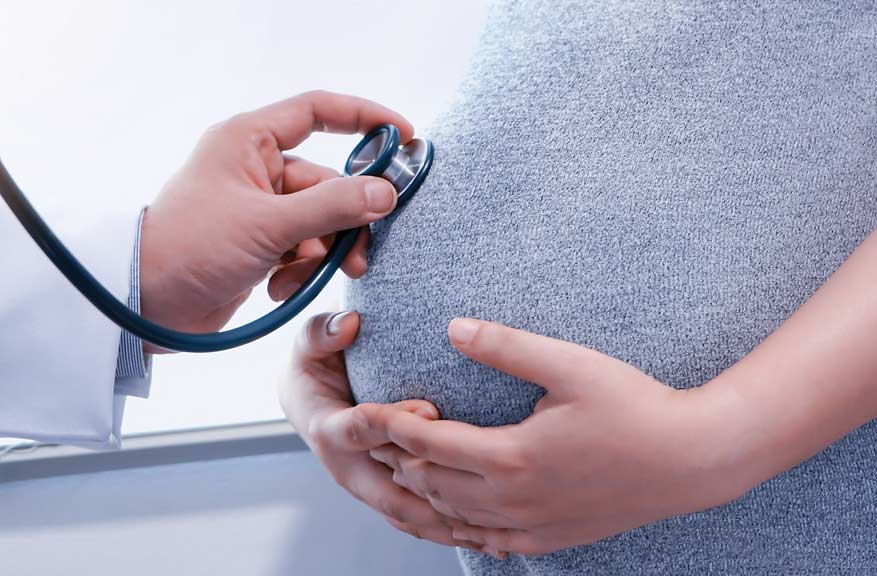Preventing Gestational Diabetes during Pregnancy
World Diabetes Day’ falls on the 14th of November in honour of Sir Frederick Banting, who co-discovered insulin along with his colleague Charles Best in the 19th Century. Many people have dealt with diabetes their whole lives which is why World Diabetes Day should be utilized as an important opportunity through which awareness can be created about this public health issue while also mobilizing resources for prevention campaigns, diagnosis and management of the condition. There are many types and categories of diabetes, and usually detailed information is freely available on each type. However, ‘Gestational Diabetes’ is one category that isn’t usually spoken about in great detail like its counterparts and it is equally important to shed light on this matter as well!
Words - Ronali Moonemalle Goonetileke
What is Gestational Diabetes?
This is a condition where the blood sugar levels increase during pregnancy. The startling issue about this specific type is that it affects pregnant mothers who have not been diagnosed with any form of diabetes before pregnancy. According to recent statistics, the percentage of mothers diagnosed with gestational diabetes has visibly increased from 6% in 2016 to 8.3% in 2021 and this upward trend has continued since then. It is also pertinent to know that increases in gestational diabetes were reported in maternal age groups that were comparatively older.
Even in this category there are two classes, namely, Class A1 and Class A2. The former is said to be manageable with a good diet and exercise while the latter requires the use of insulin and/or other forms of medication. However, the good thing about gestational diabetes is that it goes away after you give birth, but it comes with the risk of affecting your baby’s health. It could also increase chances of the mother getting Type 2 diabetes later on in life as well. Therefore, if you are a pregnant mother it is vital to take steps to educate yourself on the matter and avoid putting yourself at risk for a temporary health issue that could have long-lasting effects on yourself and your baby.
Excited to read more? Get Lanka Woman in Magzter for our latest Digital Issue!
www.magzter.com/.../Lanka.../Women's-Interest/530905
www.lw.lk

Leave a reply
Reply To:
Name - Reply Comment


Comments